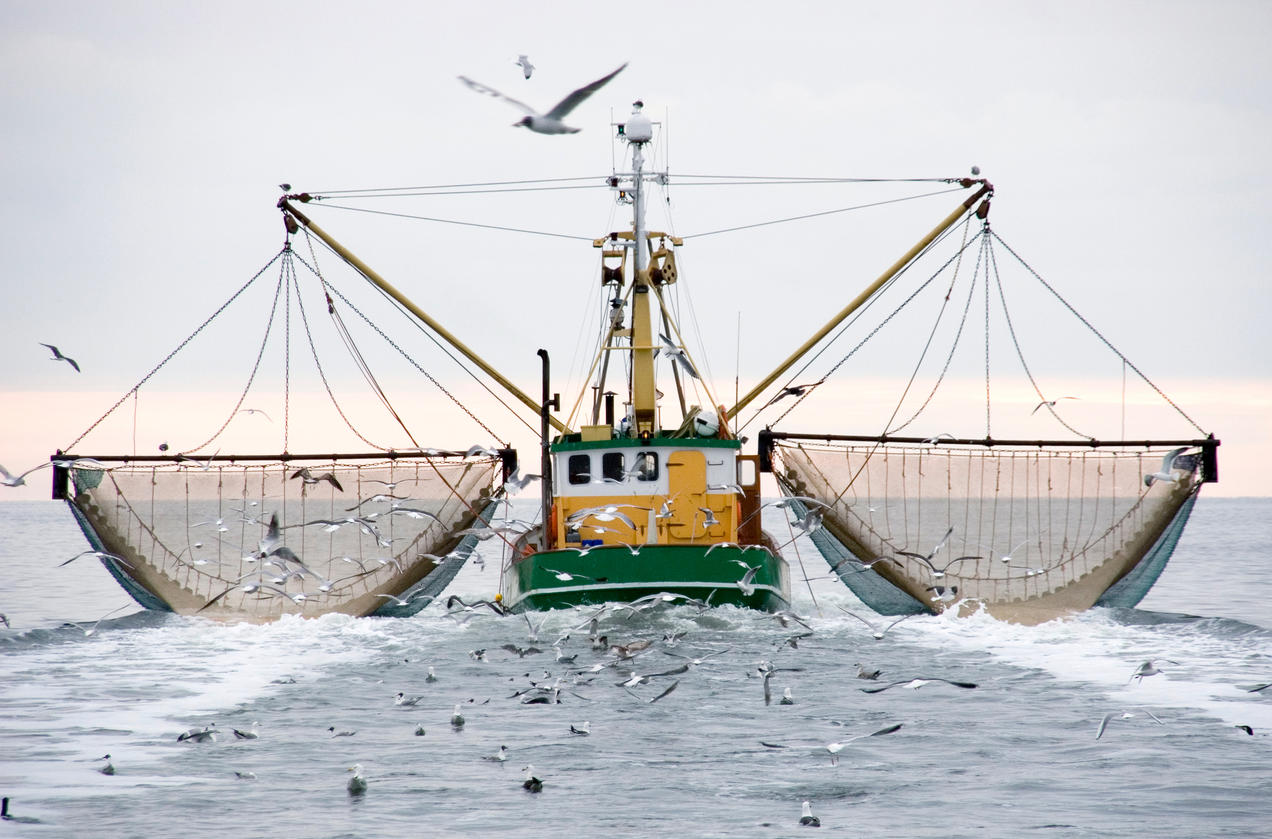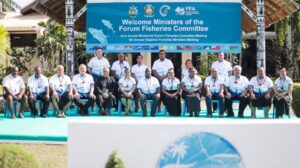BY JOHN HOUANIHAU
ILLEGAL, Unreported and unregulated (IUU) tuna fishing in the pacific is a global problem that undermines responsible international management of fisheries and results in loss of income and livelihoods to coastal states.
This was highlighted during the FFA Western Central Pacific Fisheries Commission and the launch of IUU report held recently on 6 December this year 2021 in Honiara.
According to the report, Regional cooperation is reducing IUU tuna fishing but more still needs to be done.
The report recently released indicated that IUU also compromises the accuracy of fisheries data, making sustainable management more difficult.
The report stated that FFA’s annual estimated volume of Pacific IUU tuna fishing had reduced by one-third in past decade.
“Our best estimate of the total annual volume of tuna product harvested or transhipped involving IUU activity during 2017-19 is 192,186 tonnes, worth an ex-vessel value of $333.49 million.
“This represents about 6.5% of the total tuna catch in the Western and Central Pacific Fisheries Commission (WCFPC) Convention Area in 2019.
“This compares with the total annual volume estimated for 2010-2015 of 306,440 tonnes, worth an estimated ex-vessel value of $616.11 million,’’ the report stated.
When comparing the results of 2016 and 2021 reports it is important to keep in mind that some of the data used were different.
“This is due to Changes in fishing effort, catch rates and fish prices since 2016 which also influenced overall estimates.
“The 2020 study should be seen as the next evolution in an ongoing process to refine approaches to estimate IUU in the Pacific with greater confidence,’’ The report stressed.
The IUU figures in both studies were calculated through quantification studies conducted by MRAG Asia Pacific for the Pacific Island Forum Fisheries Agency (FFA).
The 2016 study was commissioned by the European Union funded DEVFISH II PROJECT and the 2020 study by the Global Environment Facility funded Oceanic Fisheries Management Project (OFMP2).
The 2021 IUU reported that the 2020 results show a considerable drop in estimated IUU compared to the ‘first cut’ estimation of 2016 where there was more uncertainty around data.
“This is due both to the increased monitoring undertaken by FFA members and technological developments, as a result, the 2020 study had some better data available to support some IUU estimates such as:
• the volume of long-line fishing misreporting, due to a more than 10-fold increase in monitoring of long-line vessels unloading in FFA member ports
• New information for estimating illegal transhipment (the unloading of fish from one ship to another for transport to market).
It is also concluded that several decades’ worth of cooperation between FFA members, their partners and regional secretariats, including in monitoring, control and surveillance (MCS), has had a profound impact on the nature and volume of IUU in the Pacific.
According to newly released report that the Cooperative MCS initiatives include:
• The FFA Regional Vessel Register
• Harmonised Minimum Terms and Conditions for foreign fishing vessels
• FFA Vessel Monitoring System
• Pacific Island Regional Fisheries Observers’ standards and training
• The Niue Treaty and Subsidiary Arrangement facilitating MCS cooperation and information sharing
• Coordinated Regional Surveillance Operations
• Development of common regional data collection forms and protocols
• Establishment of Pacific Maritime Security Program
• The Regional Fisheries Monitoring, Control and Surveillance Strategy 2018 – 2023.




